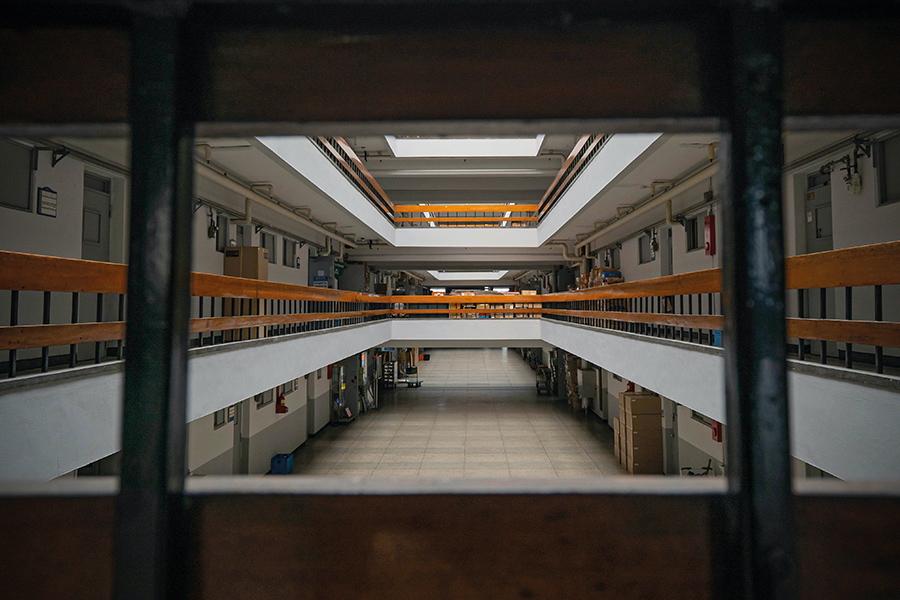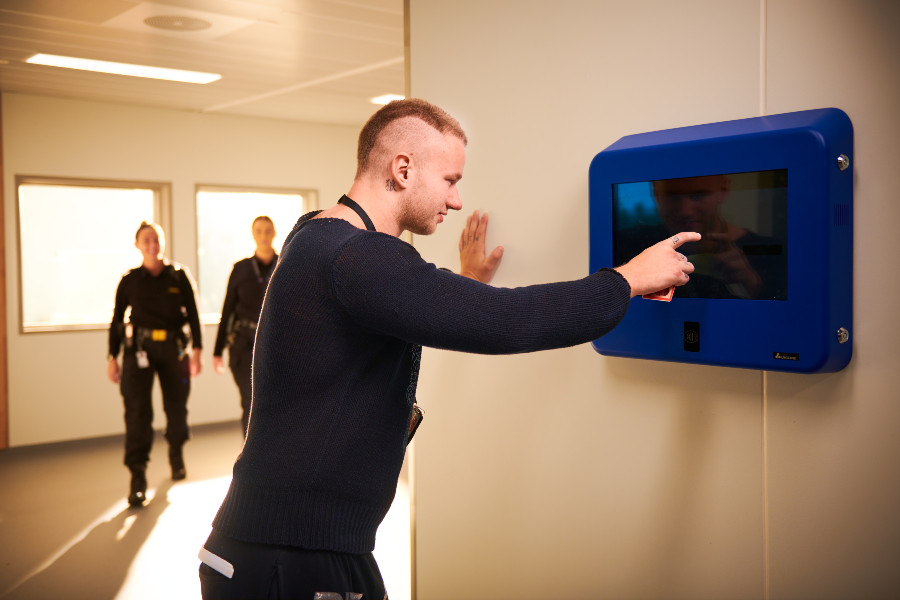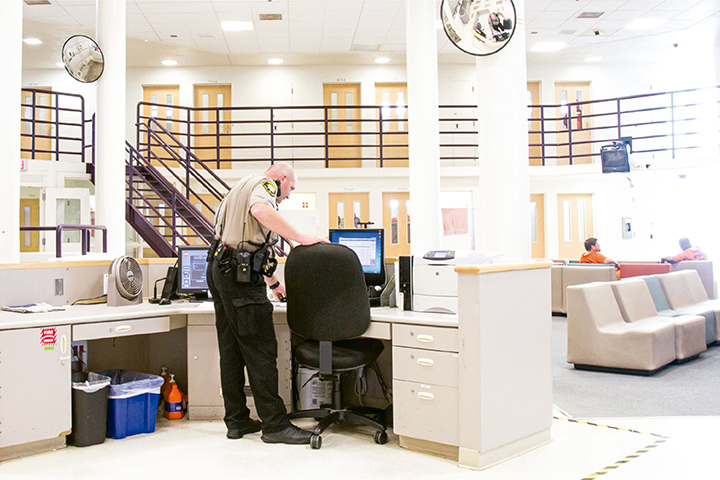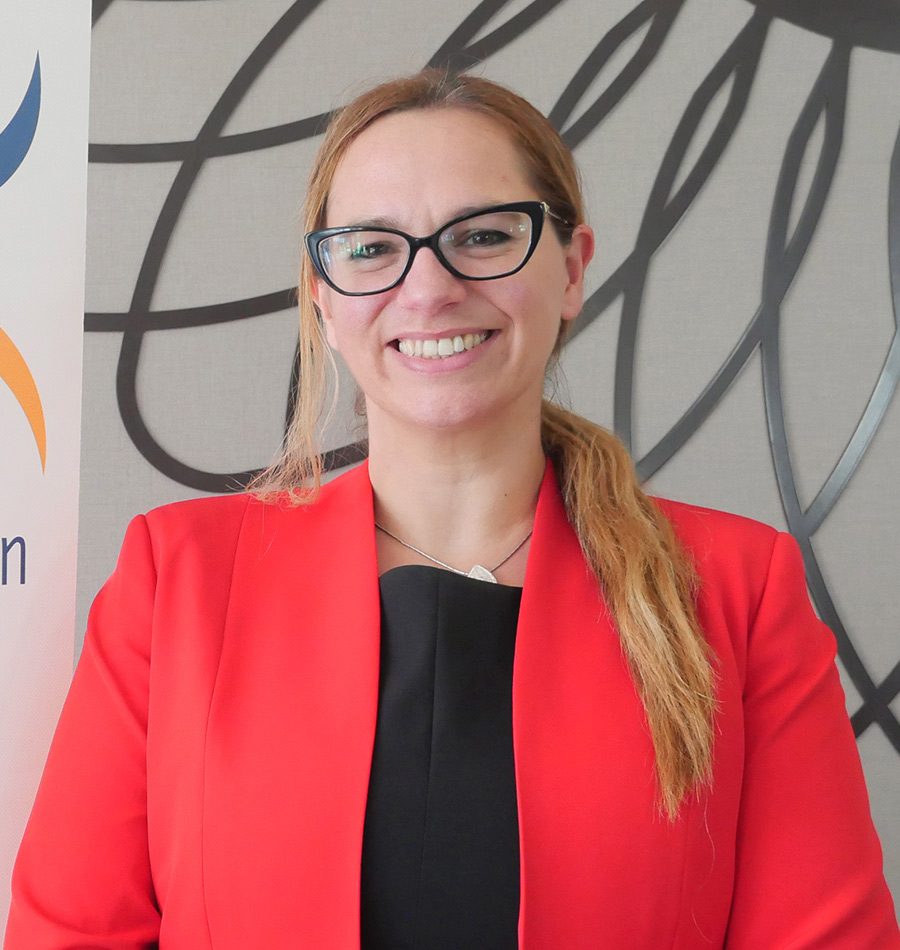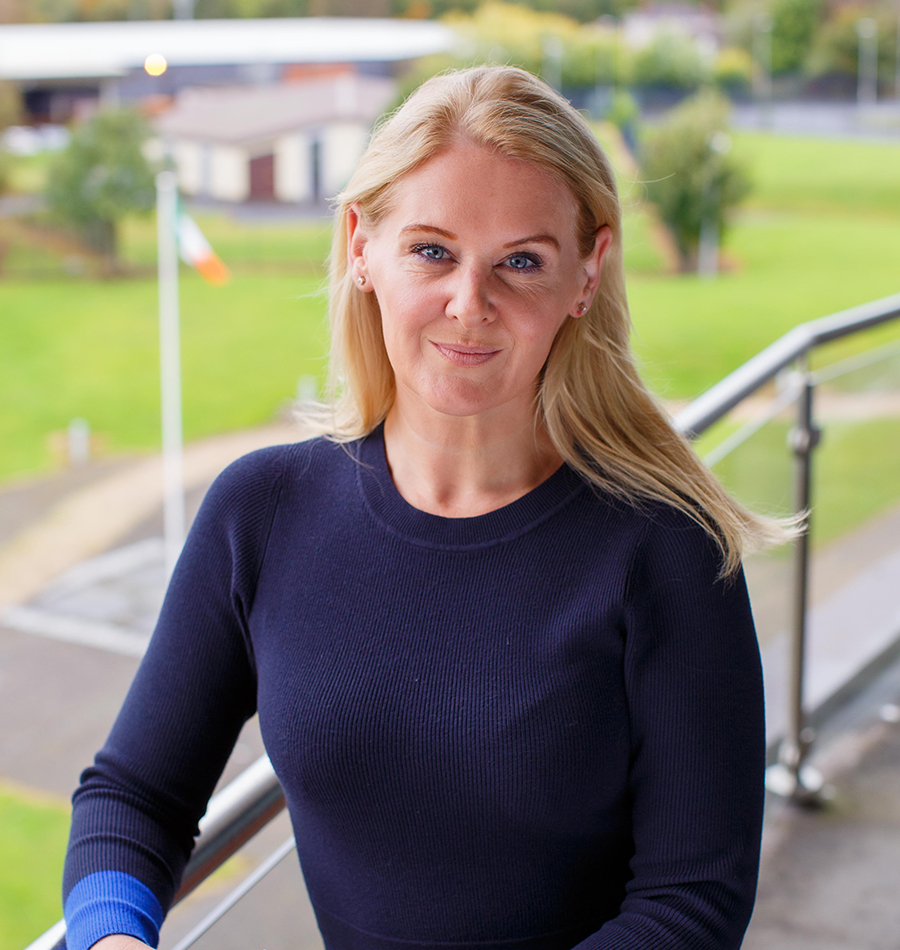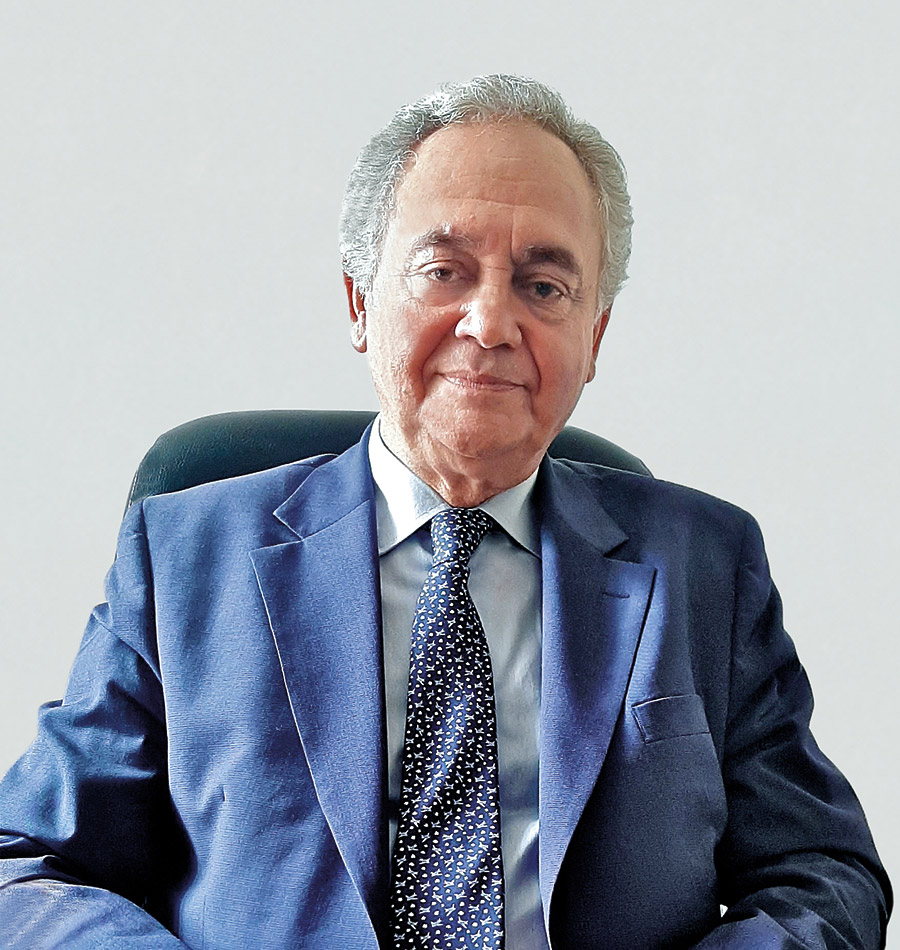Explore the INDEED project's evidence-based approach to radicalisation prevention and mitigation. Learn about their toolkit, research repository, and international forum for advancing evidence-based practice. Read More
Sir Tim Purcell (Core Systems) advocates a holistic prison reform strategy: intelligence, security, psychology, education, counseling, and technology to rehabilitate inmates and thwart extremism and crime. Read More
Explore how Unilink's AIM application is transforming prison environments by detecting mental health risks, particularly suicide and self-harm, through data analysis. Read More
In this article by ViaPath Technologies, discover how Intelligence-Led Corrections (ILC) strategies combat contraband cell phones in prisons through detection, extraction, and analysis. Read More
Learn more about the vital role of rehabilitation in correctional facilities, and how NCIC's RISE Method promotes education, skills, and communication for the incarcerated. Read More
Ricardo Pérez Manrique, Judge, President of the Inter-American Court of Human Rights Read More
Renato Casagrande, Governor, Espírito Santo, Brazil Read More
Jana Špero, Secretary General, Confederation of European Probation (CEP) Read More
Zacc Allen, President of the Corrections Technology Association, USA Read More
Joint interview with members and experts of the Council for Penological Co-operation of the Council of Europe Read More
Shie Yong Lee, Commissioner, Singapore Prison Service Read More
Bryan Stirling, Director, South Carolina Department of Corrections, USA Read More
Simon Bonk, Chair of the Technology Solutions Network, ICPA Read More
A detailed study on the effects of access to video visitation in prison in the recidivism rate of individuals after their release. Read More
Exploring the use of Virtual Reality in IPV therapy - a promising approach for managing risk factors and reducing recidivism. Read More
Learn about the benefits of using well-validated risk and needs instruments and how they can facilitate evidence-based case planning and treatment for individuals - by MHS Public Safety. Read More
An update on the expansion of the Smart Prison project in Finland, which provides digital devices and services to inmates for communication, task management, and rehabilitation purposes. Read More
A new vision requires modern offender management systems, capable of responding to the issues facing prison administrations today, with the flexibility and ability to learn and respond to issues that we will face in the future. Read More
Discover how in-cell telephony has transformed the French prison system, providing benefits that support its rehabilitative framework and contribute to institutional peace. Read More
Core Systems explores the challenges faced by prisons when adopting new digital technologies and how to overcome them. Read More
Unilink explores the recent policy changes and innovations within the UK Probation Service, and presents a solution for improving the probation experience for both service users and practitioners. Read More
Read about five key dimensions for correctional facilities to succeed in digital transformation and improve outcomes for both staff and inmates. Read More
Tablets have revolutionised the way incarcerated individuals access communication and programming services. NCIC Inmate Communications explores the technology benefits and the challenges of balancing costs and accessibility. Read More
Digital transformation requires a holistic approach that includes the right culture, leadership, processes, and capabilities. Discover a model that aims to measure how ready organisations are to embark on this process successfully. Read More
Secure video calls in Scottish prisons are improving the wellbeing of prisoners and their families. Read More
Singapore Prison Service's strategy leverages technology for smarter rehabilitation and reintegration of inmates. Read More
The introduction of digital technologies in your agency should not be left in the hands of IT professionals or even tusted and experienced practitioners.
Technical and operational expertise are key, but a future envisioning strategic approach will definitely make a difference.
To help build structured digital transformation efforts, we bring you the expert's opinions and research, the lived experience of decision-makers and brief case presentations on how different jurisdictions have adopted specific technology solutions benefiting incarcerated persons and staff. Read More
Outlining the four key pillars enabling corrections organisations to develop their digital transformation strategy. Read More
Read the point of view of experts and decision-makers.
Read More
The Belgian prison system presents their ongoing modernisation effort enabling detainees to stay connected to the digital world outside and supporting staff in their work. Read More
Discover the app that helps people under supervision in Northern Ireland. Read More
Improving community safety through a digital technology programme allowing inmates to take responsibility for their rehabilitation. Read More
With the right vision and strategy, digital technology can be a powerful tool for promoting successful outcomes. Telio initiates the dialog on change-enabling policy development. Read More
Integrating technology in the transfer process of probationary or alternative measures for foreign nationals in the EU. Read More
Anne Precythe, President of the Correctional Leaders Association & Director of the Missouri Department of Corrections, USA Read More
Luís Geraldo Lanfredi, Deputy Judge of the Presidency of the National Council of Justice, Brazil Read More
Caron McCaffrey, Director-General of the Irish Prison Service & President of EuroPris Read More
Dan Halchin, Director-general, Romanian Penitentiary Administration Read More
Andrea Matoušková, Director-General, Czech Probation and Mediation Service Read More
José Lopes da Mota, Judge, Supreme Court of Justice, Portugal Read More


